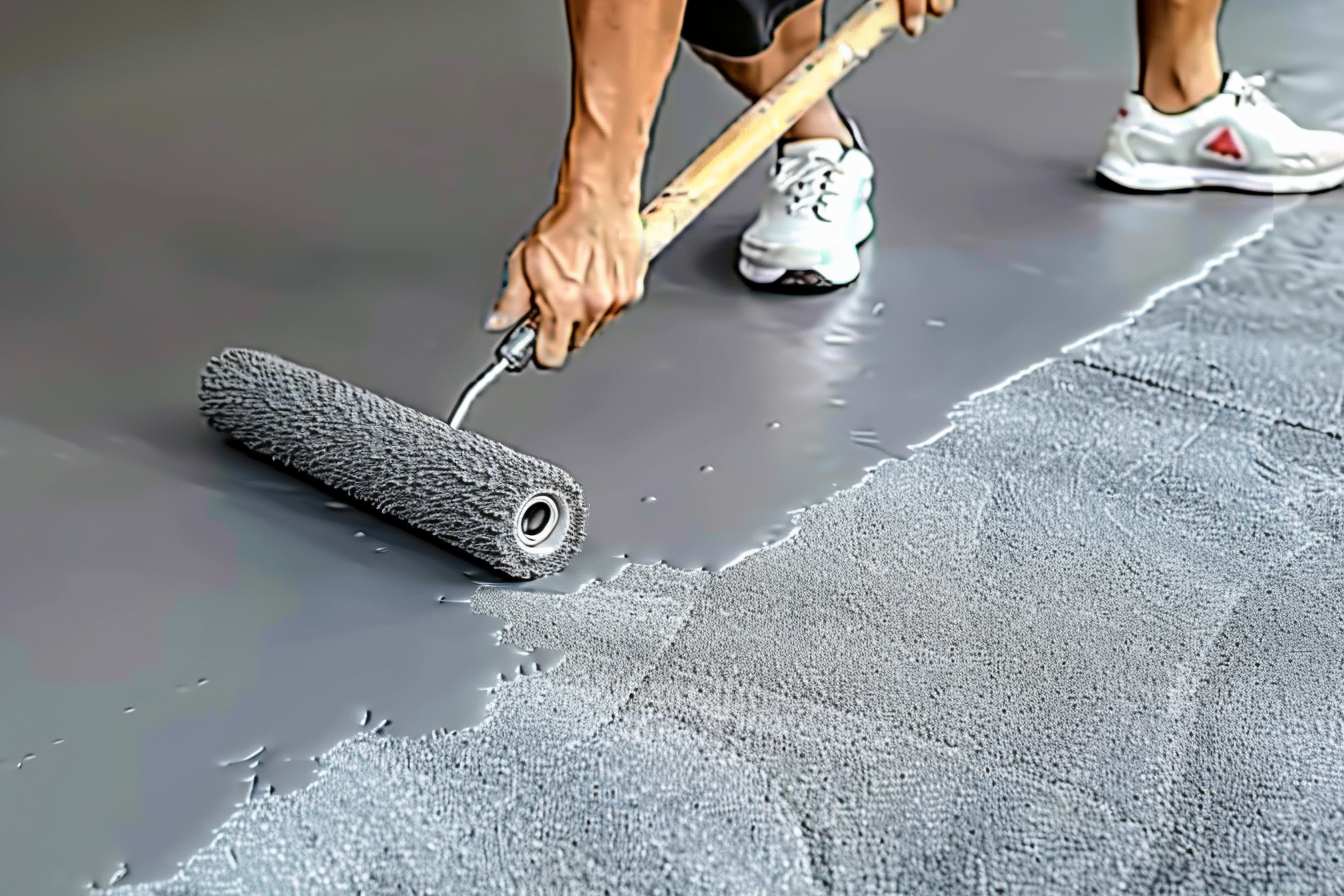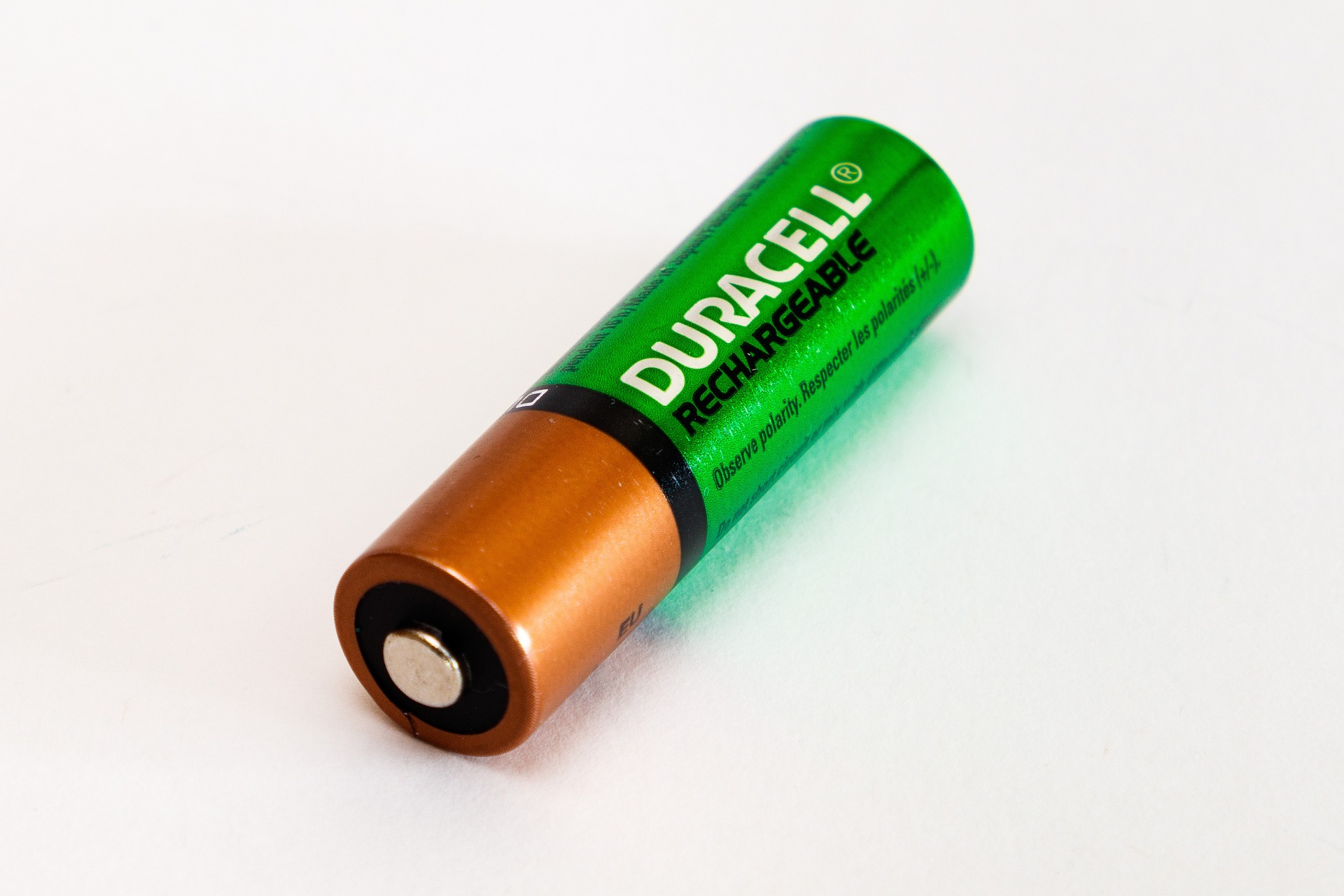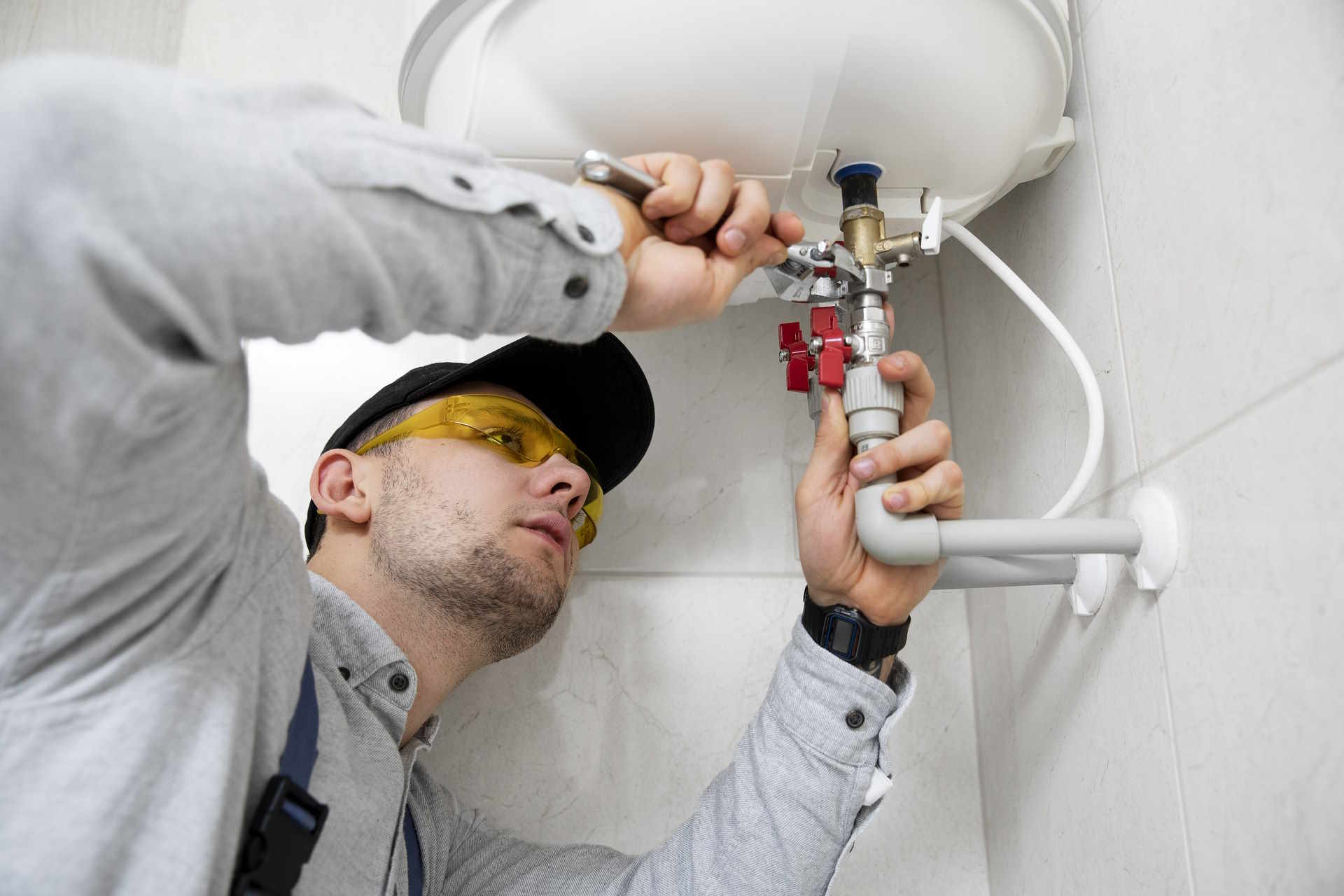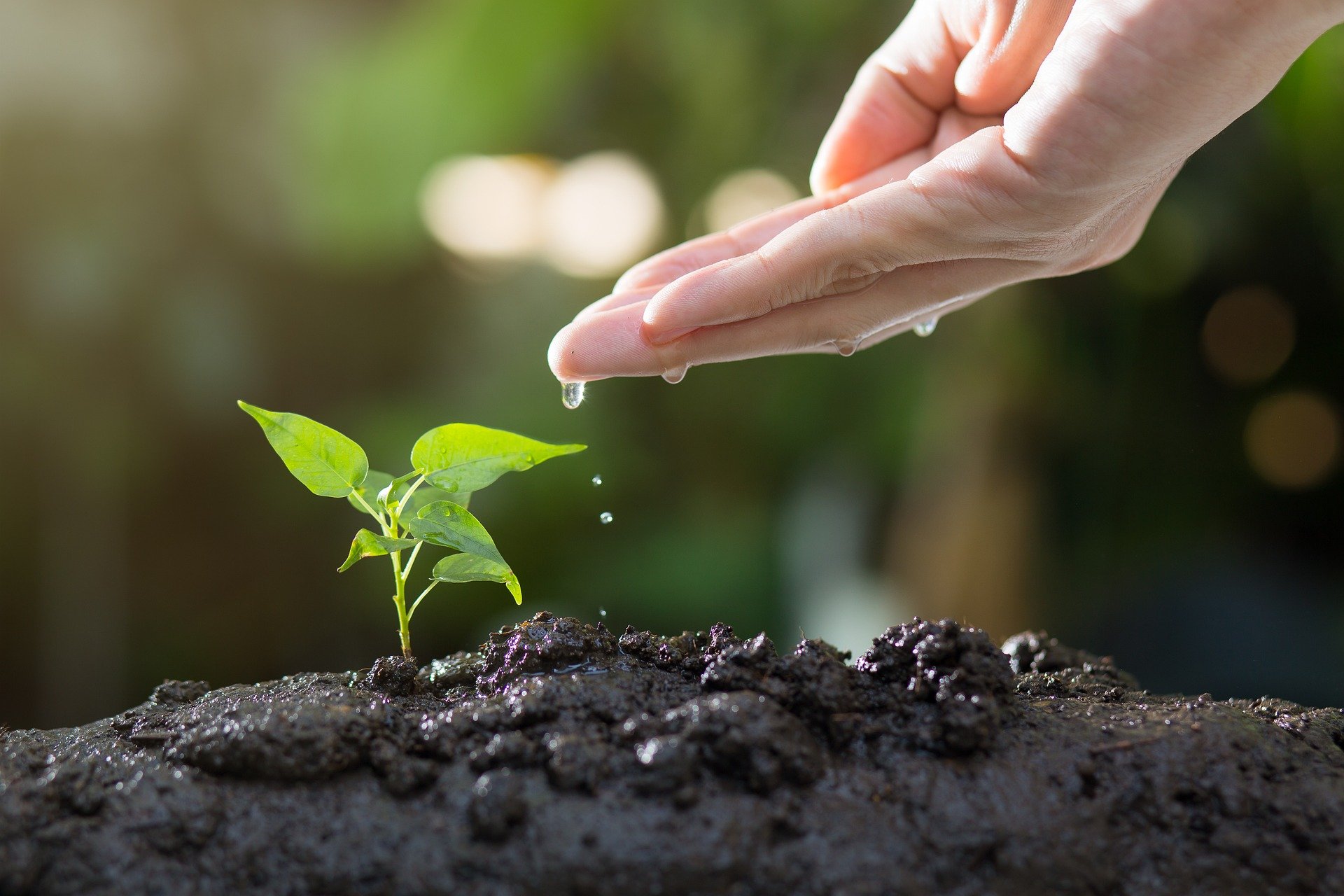Garage Floor
A garage floor is more than just a surface to park your car. It's a foundation that endures constant wear and tear, oil spills, and the weight of heavy vehicles. Garage floor coatings offer a solution to protect and beautify this essential space, transforming it from a simple concrete slab into a durable, attractive, and functional area of your home.

What are the benefits of garage floor coatings?
Garage floor coatings provide numerous advantages over bare concrete. They create a protective barrier that resists stains, chemicals, and abrasions. This coating not only enhances the appearance of your garage but also makes cleaning easier and prolongs the life of the concrete beneath. Additionally, many coatings offer slip-resistant properties, improving safety in an area that can often become slippery when wet.
How do garage floor coatings compare to traditional concrete?
While traditional concrete is durable, it’s porous and susceptible to staining and cracking. Garage floor coatings seal the surface, preventing moisture penetration and reducing the likelihood of cracks and stains. Coated floors also reflect light better, brightening up the space and potentially reducing lighting costs. Unlike bare concrete, coated floors can be customized with various colors and finishes to match your aesthetic preferences.
What types of garage floor coatings are available?
There are several types of garage floor coatings to choose from:
-
Epoxy: A popular choice known for its durability and chemical resistance.
-
Polyurethane: Offers excellent UV stability and abrasion resistance.
-
Acrylic: A budget-friendly option that provides basic protection and color.
-
Polyaspartic: Fast-curing and highly durable, ideal for quick installations.
Each type has its own set of pros and cons, and the best choice depends on your specific needs, budget, and climate conditions.
How is garage floor coating applied?
The application process for garage floor coatings typically involves several steps:
-
Thorough cleaning and degreasing of the concrete surface.
-
Repairing any cracks or damage in the existing floor.
-
Etching or grinding the surface to ensure proper adhesion.
-
Applying a primer coat (if required).
-
Applying the main coating layer(s).
-
Adding decorative chips or texture (optional).
-
Applying a clear topcoat for added protection.
Professional installation is often recommended to ensure proper application and longevity of the coating.
What are some unique tips for maintaining coated garage floors?
Maintaining a coated garage floor is relatively simple but crucial for its longevity. Here are some tips:
-
Sweep regularly to prevent abrasive dirt from scratching the surface.
-
Clean spills promptly to avoid staining, even though the coating is resistant.
-
Use pH-neutral cleaners to avoid damaging the coating.
-
Avoid using harsh chemicals or abrasive cleaning tools.
-
Reapply a clear topcoat every few years to refresh the protective layer.
-
Place mats at entry points to reduce dirt and moisture tracked onto the floor.
By following these maintenance tips, you can keep your garage floor looking great for years to come.
What are the costs associated with garage floor coatings?
The cost of garage floor coatings can vary significantly based on factors such as the type of coating, size of the garage, and whether you choose professional installation or DIY application. Here’s a comparison of some common options:
| Coating Type | Average Cost (DIY) | Average Cost (Professional) | Durability |
|---|---|---|---|
| Epoxy | $2 - $5 per sq ft | $3 - $12 per sq ft | High |
| Polyurethane | $2 - $4 per sq ft | $4 - $7 per sq ft | Very High |
| Acrylic | $0.50 - $1 per sq ft | $1 - $3 per sq ft | Moderate |
| Polyaspartic | Not recommended DIY | $5 - $15 per sq ft | Very High |
Prices, rates, or cost estimates mentioned in this article are based on the latest available information but may change over time. Independent research is advised before making financial decisions.
When considering garage floor coatings, it’s essential to weigh the initial cost against the long-term benefits. While professional installation may seem expensive, it often results in a more durable and longer-lasting finish. DIY options can be more budget-friendly but require careful preparation and application to achieve satisfactory results.
In conclusion, garage floor coatings offer a practical and attractive solution for enhancing your garage space. They provide protection, improve aesthetics, and can even increase the value of your home. By understanding the types of coatings available, the application process, and maintenance requirements, you can make an informed decision about whether a garage floor coating is right for your needs.




